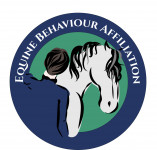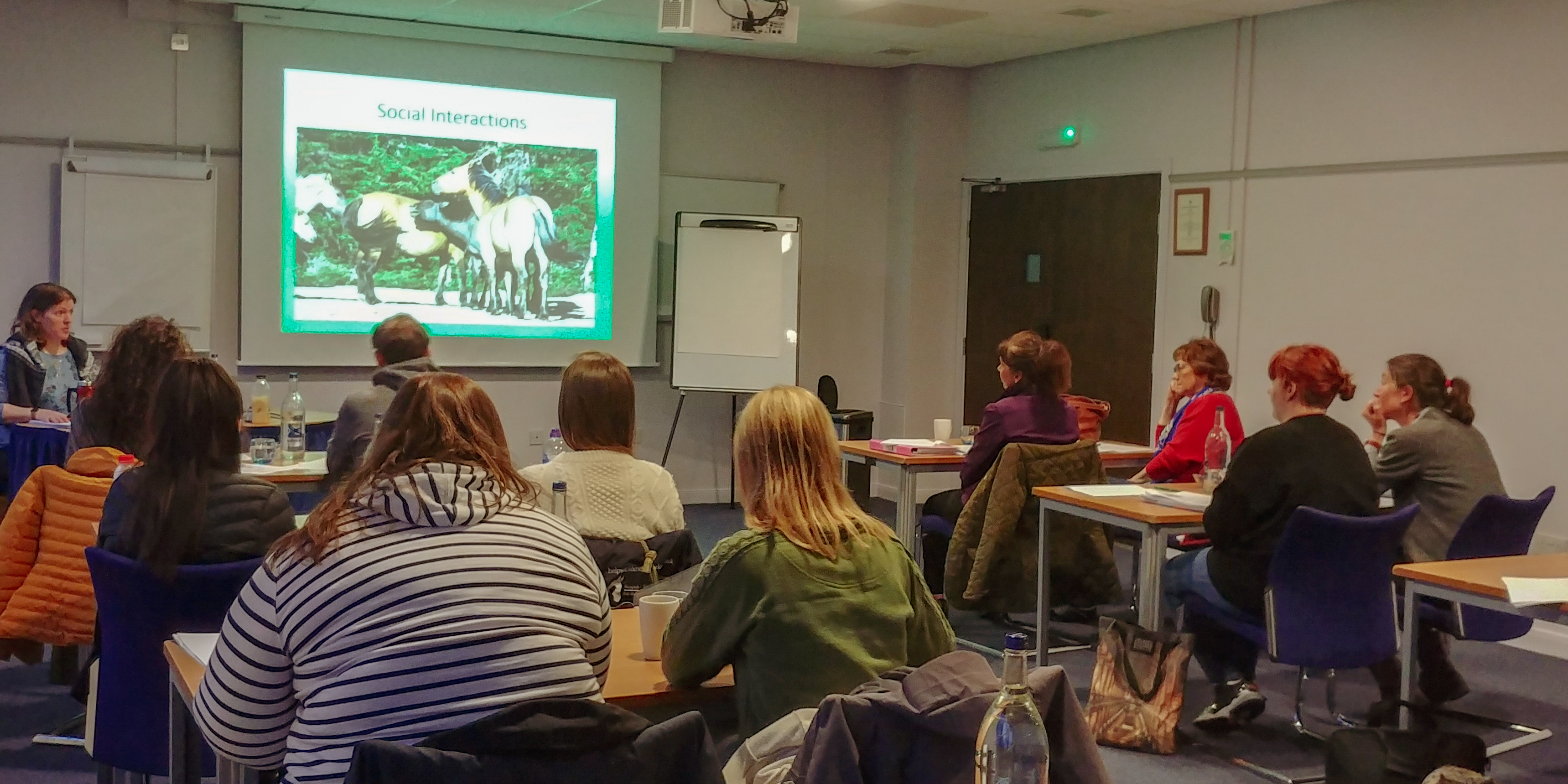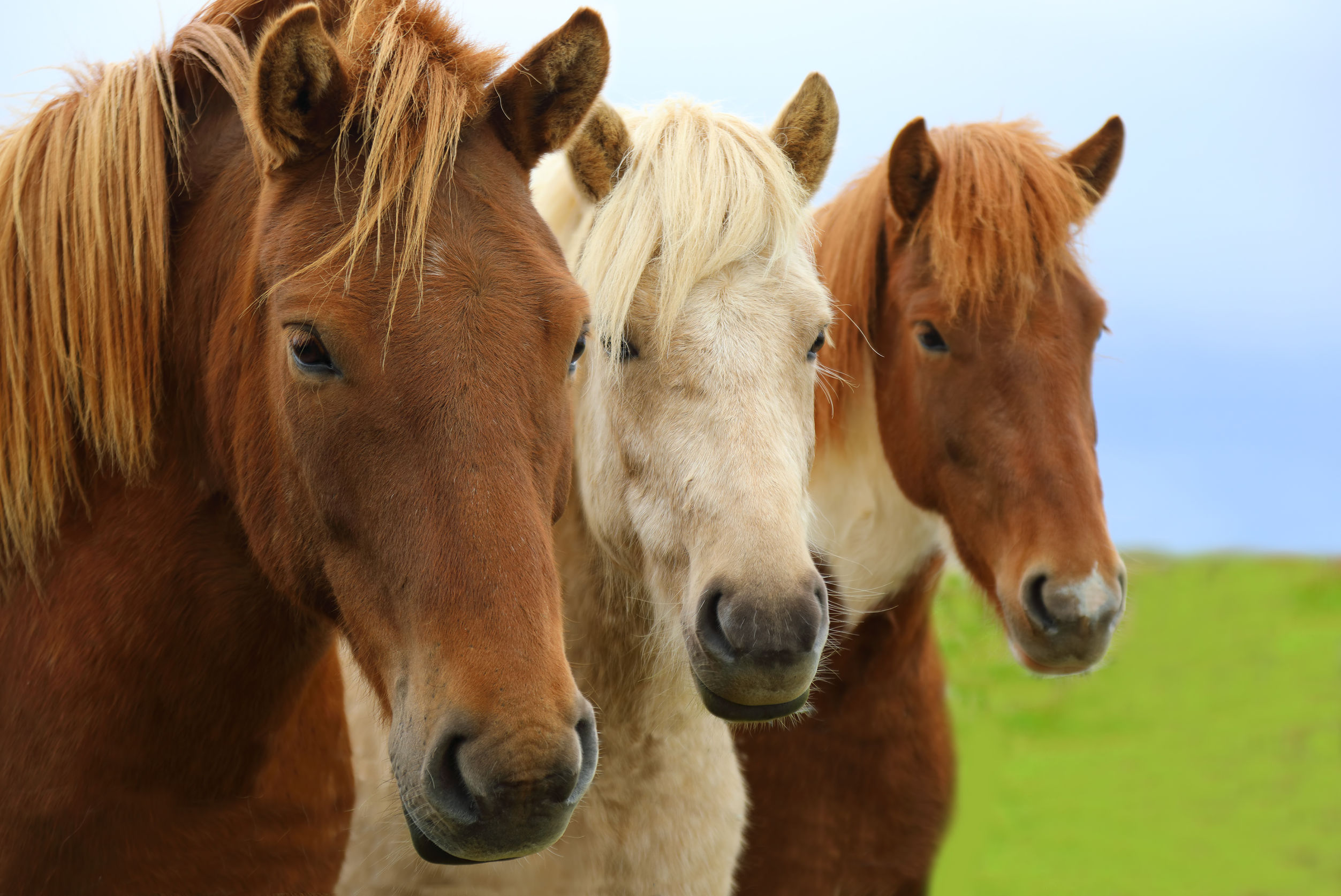Posted: 14th October 2019 | Back to news feed

The Equine Behaviour Affiliation is very excited at the buzz around their courses. Such is demand, that they are accepting applicants for a second Foundation course, based at Talland School of Equitation in Gloucestershire, starting slightly later than the Scottish course in Stirling, in November 2019.
Assistance from special advisers, Professor Judith George and Dr Marie-Louise Holmes (adult education and clinical psychology) have married perfectly with what we’ve discovered: in our experience, our study of the scientific literature over the last 10 years and published ethology findings from Lucy Rees.

The idea of ‘Trans-species psychology’ is not our invention, nor does it suggest that animals think just like humans do (called anthropomorphism). Simply that we should accept the similarities in brain, body and behaviour, as well as understand the differences. It started 50 years ago with the acknowledgement in law of ‘animal sentience’ - which is now widely accepted even in insects. And considering we spend so much time ‘training’ our horses, how many equestrians know that the horse’s brain is structured along very similar lines to humans – especially the motor learning and habit formation centre, the striatum, which physically resembles a human’s even more closely than primates.
One key area of the brain that horses have not developed the same as humans is the pre-frontal cortex (the emotional regulation and reasoning centre). This is an area associated with deference and the abstract concept of climbing the social ladder. Backed by recent observational texts from prominent ethologist, Lucy Rees, and research countering ‘alpha’ theories in other animals, such as wolves, the concept of ‘social dominance’ in all but certain primates and humans has not held up under close examination.
Lucy Rees also speaks of the need to separate observation from interpretation, when explaining behaviour. This is like the ‘results’ and the ‘conclusion’ in a scientific experiment. The results are what you actually see. The conclusions are your story about what the results tell you. Another researcher may review your results and explain them differently in conclusion. Here in the EBA we are always open to learning and new research.

Unhindered by the belief that some horses are born with an innate desire to make all the decisions with a human or another horse, we behaviourists needed a reason horses seem to behave as ‘naughtily’ as they do sometimes. Fortunately, that gap has been more than filled by a significant body of recent work on the influence of stress and stressful environments on mental and physical wellbeing. For example, while there’s no evidence that dominance is inherited trait in horses, a stressed mother has been positively shown to produce stressed offspring, in rats and increasingly other species.
The more we researched stress and neuroanatomy, across species, the more it explained why some horses struggle to cope mentally in some environments and how we could practically resolve a resulting behaviour, without placing the owner in conflict with their horse. It seemed obvious to us, in the Equine Behaviour Affiliation, that the first step in approaching any behaviour ‘problem’ is to consider the environment the horse is in and address the stressors in their lives first, physical and mental, before we even think about re-training. But bigger than this, is our attitude in the EBA is that all behaviour is communication. A lack of autonomy (choice) is a hugely powerful motivator for any animal, and that trauma and post-traumatic stress is as much a physical injury as a bowed tendon.
Behind every behaviour is an emotion, behind every emotion is a need. When we address the need, we resolve the behaviour. So, you see, the EBA and our courses are not just about a set of training techniques, or to create tick-box behaviourists or trainers. While we can reference everything back to original peer-reviewed research, we help you to observe, and encourage you to think for yourself.
That way, we don’t just try to ‘fix’ a horse behaviour problem, we heal relationships.
for more information on our work and courses offered along with dates please visit our website:
https://equinebehaviouraffiliation.org/
The Equestrian Index newsfeed is compiled from articles submitted by advertising members and expresses the opinions of those members. Watsons Directories Ltd shall not be held liable for any inaccuracies or mis-statements therein.